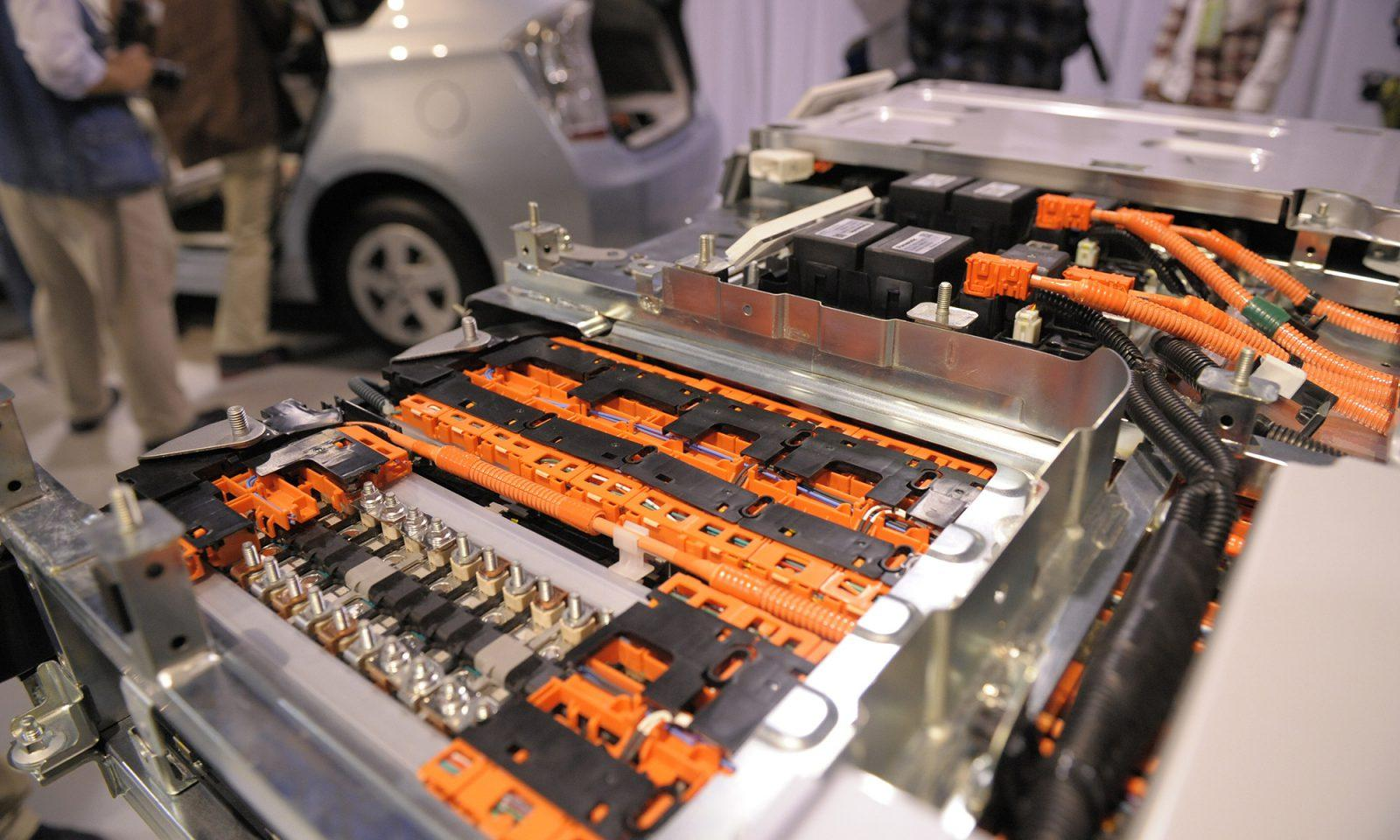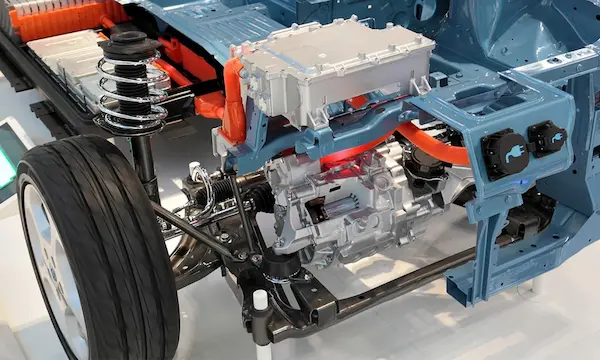Whether you’re in the market for a hybrid vehicle or already own one, understanding the lifespan of hybrid batteries is crucial. In this comprehensive guide, we explore various aspects, including typical lifespan, factors affecting longevity, differences between Toyota models, reasons for extended battery life, and practical tips to maximize your hybrid battery’s performance.
Additionally, we cover signs of a faulty battery, replacement costs, and how to make a cost-effective choice when the time comes. Read on for an in-depth look into hybrid battery lifespan.
Typical Hybrid Battery Life
Investing in a hybrid vehicle prompts questions about the expected lifespan of its battery. Generally, modern hybrid batteries can endure at least 100,000 miles, with some surpassing the 200,000-mile mark. This translates to approximately 8-12 years before replacement becomes a consideration.
However, unexpected battery issues may arise, emphasizing the importance of understanding your vehicle’s battery warranty for potential premature failures.

Toyota Camry Hybrid vs. Prius Battery Life
When comparing two popular Toyota models, the Camry Hybrid and the Prius, their hybrid batteries are remarkably similar. Both utilize different battery types – lithium-ion for the Camry Hybrid and nickel-metal-hydride for the Prius. Despite these variances, their life expectancies align closely.
Manufacturers, such as Toyota, often suggest that hybrid batteries should ideally last the entire lifespan of the vehicle, which is typically a minimum of 10 years.
Factors Contributing to Prolonged Battery Life
The extended life of hybrid car batteries can be attributed to their unique charging patterns. Unlike regular car batteries, hybrid batteries only charge up to 80% and discharge to 20%, avoiding extremes that often lead to premature deterioration. This consistent under and overcharging is a key factor in enhancing the longevity of hybrid batteries.
Tips to Maximize Hybrid Battery Lifetime
Ensuring your hybrid battery’s longevity involves adopting preventative measures. Some effective tips include regular charging, gradual acceleration and deceleration, occasional reliance on gasoline for high-speed driving, proper vehicle storage to avoid extreme temperatures, regular cleaning of the auxiliary fan, and keeping the fresh air intake screen clean.
Additionally, maintaining overall vehicle health through regular maintenance is essential for optimal hybrid battery performance.

Identifying a Faulty Hybrid Car Battery
Despite meticulous care, hybrid batteries may encounter issues. Warning lights are a primary indicator, but other symptoms include reduced fuel efficiency, erratic charge display, rapid battery drainage, and unusual engine noises. Recognizing these signs enables prompt action to address potential battery problems.
Cost of Car Battery Replacement
When considering hybrid battery replacement costs, it’s essential to choose a reputable source. Dealerships may offer replacements at a higher cost to cover overheads. Exclusively Hybrid provides a cost-effective solution, offering both new and reconditioned Toyota and Lexus hybrid batteries starting at $890 for refurbished and $1,990 for brand new ones.
The design prioritizes airflow between cells, ensuring optimal temperature control and maximum battery lifespan. Additionally, Exclusively Hybrid provides a 4-year warranty on all new batteries, guaranteeing peace of mind and a reliable experience.
Conclusion
In conclusion, understanding the lifespan of hybrid batteries, recognizing signs of deterioration, and choosing a reputable replacement source contribute to maintaining a high-performing hybrid vehicle. Opt for Exclusively Hybrid for a budget-friendly and reliable solution to your hybrid battery needs.


